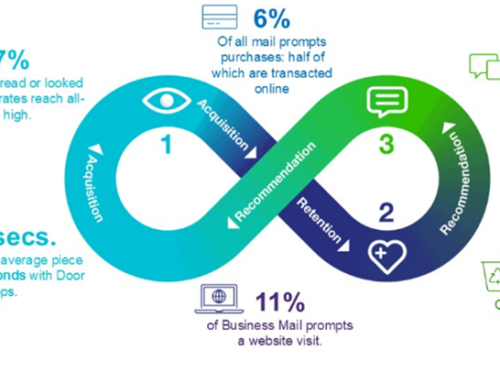In the ever-evolving landscape of cybersecurity, a bizarre new trend has emerged, blurring the lines between reality and fiction.
Picture this: a hacking forum on a quiet Sunday, buzzing with the advertisement of a stolen data cache from Europcar. The claim? Over 48 million customers’ personal information up for sale. The twist? The data might just be a figment of artificial intelligence’s imagination, specifically conjured up by ChatGPT.
Europcar’s response was swift, with spokesperson Vincent Vevaud debunking the claim after a meticulous examination. The inconsistencies were glaring:
- The purported number of records didn’t match Europcar’s database.
- Sample data was likely AI-generated, featuring non-existent addresses, mismatched ZIP codes, and bizarre email domains.
- None of the email addresses were found in Europcar’s records.
The scenario raises eyebrows not just over the authenticity of data but also over the potential use of AI in fabricating data sets. While AI platforms like ChatGPT ethically refuse to assist in creating fraudulent data, the possibility of their misuse remains a concern.
A Light-hearted Note on Data Hygiene
It seems even cybercriminals need a lesson in data hygiene! Before venturing into the dark web marketplace, a little quality check wouldn’t hurt to ensure the “goods” are, in fact, genuine. After all, buying fabricated data is like purchasing a car without the engine – a rather pointless investment.
A Serious Note on Data Security
Jokes aside, this incident underscores a critical issue: the importance of data security. As organisations digitise and process vast amounts of personal information, the responsibility to protect this data is paramount. This is why companies like ourselves emphasise secure cloud-based processing solutions like SwiftCore. These tools not only ensure GDPR compliance but also safeguard against unauthorised access.
This is critical as our latest review of ICO fines highlights a shift in GDPR enforcements, focusing on data processing security and right of access. With a significant portion of infringements related to the principles of data processing and security, it’s clear that the information commissioner is zeroing in on the need for robust data protection measures.
The Europcar incident, albeit a false alarm, serves as a reminder of the complexities and challenges in safeguarding personal information in an era where artificial intelligence can both protect and, potentially, deceive.





